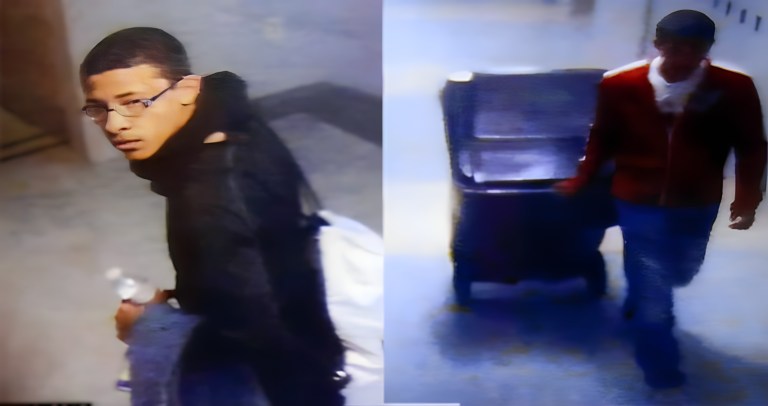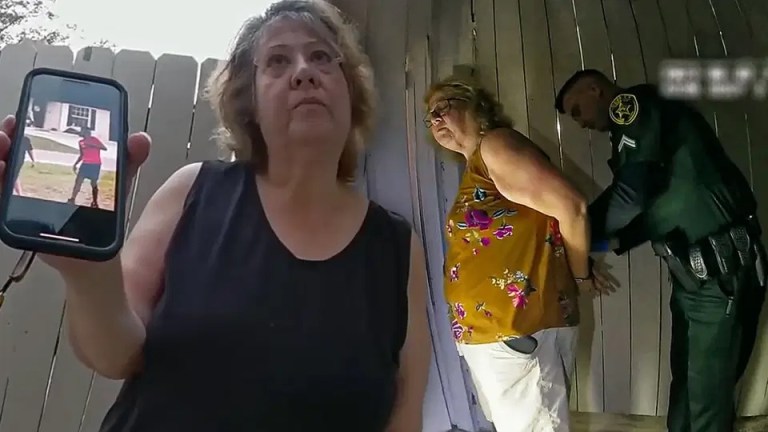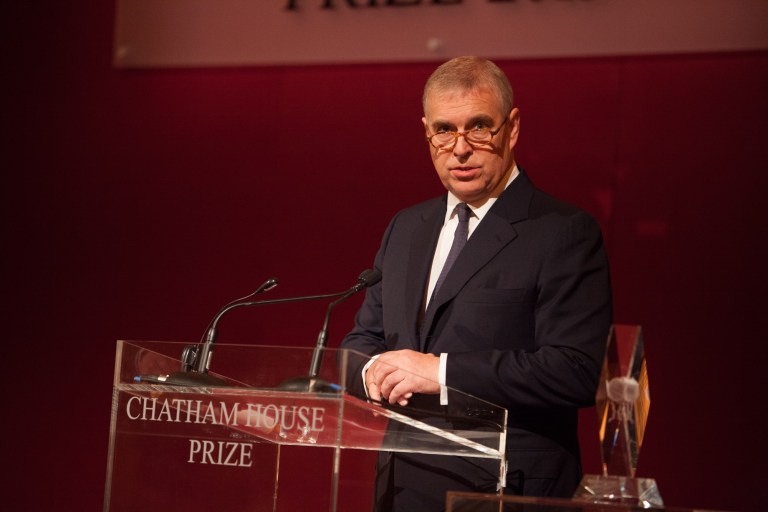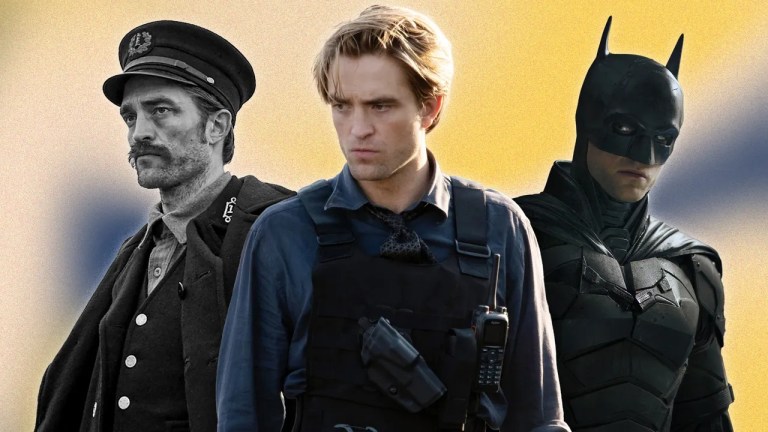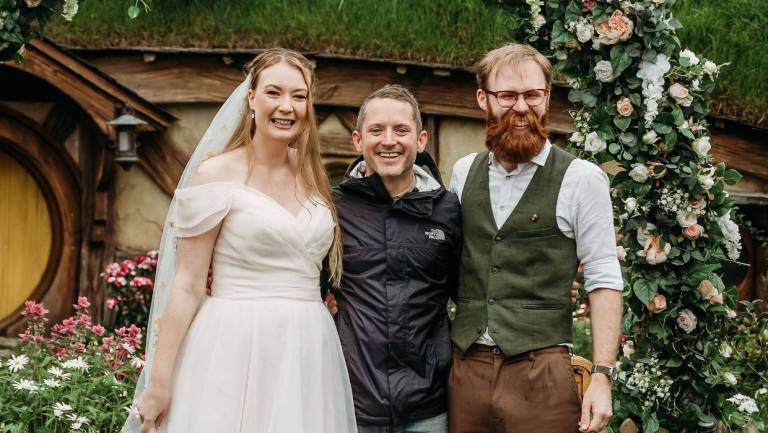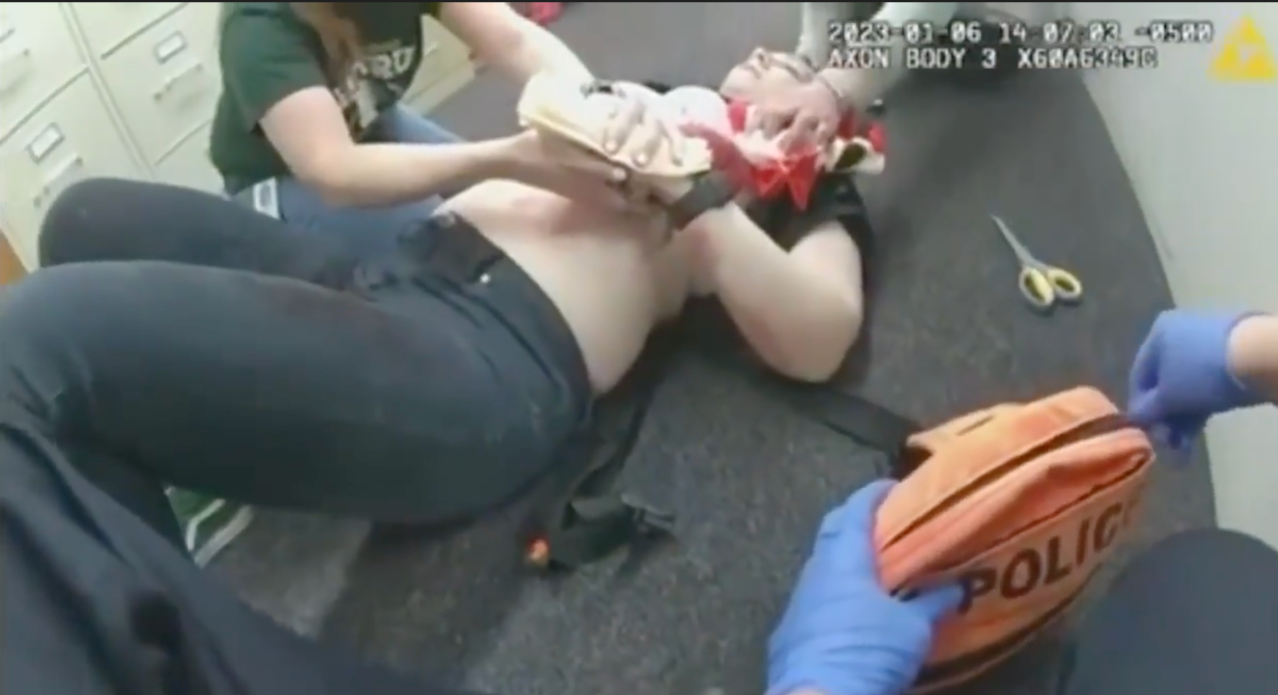
Inside The Emotional Testimony Of Abigail Zwerner, The First-Grade Teacher Shot By Her Student And Her $40 Million Fight For Justice
By Erin Whitten
Abigail Zwerner was teaching first grade at Richneck Elementary School in Newport News, Virginia, when one of her students shot her in the hand in January 2023. The bullet pierced the 25-year-old teacher’s left hand, entering her chest cavity where it remains to this day. Nearly two years later, she is testifying in a $40 million civil trial against her former assistant principal, Ebony Parker, who Zwerner alleges ignored repeated warnings about the gun before the shooting.
In court filings and her own testimony on the second day of trial in Newport News Circuit Court, Zwerner said the shooting was completely preventable. In court filings, the plaintiff’s lawyers accused Parker of “gross negligence” and “reckless disregard for human life.” The testimony of school employees suggested that multiple people informed Parker on the morning of January 6, 2023, that children at the school had told them the six-year-old boy had a gun in his backpack. Reading specialist Amy Kovac told the court she spoke to Parker multiple times after two children reported seeing a gun. Kovac said she looked through the boy’s backpack during recess but didn’t find a gun. She continued to voice concerns to Parker. The child’s backpack wasn’t searched again, and there was no lockdown or security alert before the child shot Zwerner that afternoon.
In what has been a closely watched civil trial in Newport News, Virginia, Abigail Zwerner took the stand as the final witness for the plaintiff on Friday October 30th. As the person at the center of the case, Zwerner was expected to give some of the trial’s most powerful testimony. In deeply emotional remarks, the teacher described the moment the six-year-old boy – referred to only as “J.T.” in court, shot her. “I thought I was dying, I thought I had died,” she told the jury. “I thought I was on my way to heaven or in heaven. But then it all got black.” Zwerner recalled watching as two coworkers tried to staunch her bleeding. “The injuries that I sustained have made it so that I can no longer do a lot of things,” she said. “I don’t think my hand has completely healed from this incident.” She described still feeling a mixture of physical pain and psychological trauma from the shooting, including how she can’t open a bag of chips without help or twist off the cap of a water bottle. “The best way I can explain it is that I still feel like I am connected and close to people and that I can be there for them,” she said. “But there’s also a distance now…a numbness I can’t describe.”
The shooting’s toll also formed the backdrop for a series of troubling communications failures that Zwerner laid out on the stand. At one point, Zwerner testified that she had received a text from Amy Kovac before the shooting, who had said that the student had placed something in his pocket, possibly a gun. She said she trusted that Kovac, a veteran school employee with decades of experience, would alert the proper school administrators. “It was my understanding that administration wouldn’t think twice when they were informed that there was a potential gun in school,” she said.
In cross-examination, the defense tried to suggest that Zwerner could have done more to protect herself and her class. The line of questioning attempted to frame the shooting as a horrible but ultimately unforeseeable accident. Defense lawyers repeatedly told the jury this was a case about “hindsight bias,” or the tendency to judge events after they have happened and important information has been revealed. “We just ask you to find this shooting was a terrible accident that no one could have ever seen coming,” the defense argued. “Not only was this school not on high alert, this school was about as safe as it could have been. This is not an example of gross negligence. This is an example of hindsight bias.”
The boy’s age and age of criminal responsibility under Virginia law prevented prosecutors from filing criminal charges against him. He is now living with relatives and attending a different school. His mother, Deja Taylor, pleaded guilty to state child neglect and federal firearm charges and is serving just under four years combined in prison and probation. Parker has also been charged in a separate criminal case with eight counts of felony child neglect, one count for each bullet chamber in the boy’s gun. Each count carries a maximum five-year prison term. Both Zwerner and Parker resigned from their positions with the Newport News school system after the shooting.
In a key procedural ruling before trial began last week, Judge Matthew Hoffman rejected a defense request to throw out the case. “At this time, the court finds that there is sufficient and credible evidence that the defendant assumed the duty of care, breached that care in a grossly negligent manner, and that breach was the proximate cause of the plaintiff’s harm,” Hoffman wrote. “As such, the court denies the defendant’s motion to strike the Plaintiff’s evidence and the case is permitted to move forward for the defense phase.” Parker’s attorneys will now have the opportunity to present their side of the case and witnesses. Both sides have completed witness lists, and the trial is expected to last about a month.
After two years of new challenges, Zwerner’s life continues to be altered by the events of January 6. She has ruled out a return to the classroom. Now working part-time at a gym, she plans to start a new career in cosmetology. “I had to start feeling like a person again,” she said. Understandably so, the trauma hasn’t left her. “I’m not sure when the shock will ever go away,” she said. “I think about it daily. Sometimes I have nightmares.” On Friday, Zwerner’s civil trial continued. The jury will decide whether Ebony Parker was grossly negligent in her duties when she allegedly failed to act on multiple warnings about the gun before the shooting.
